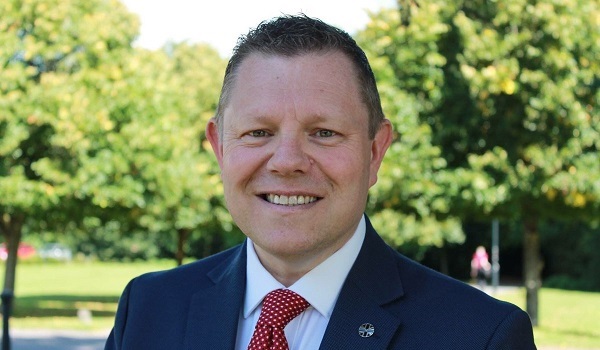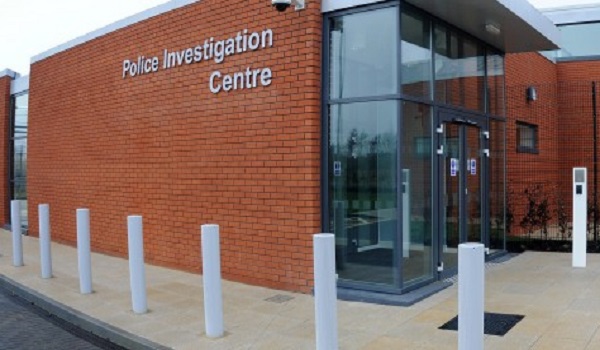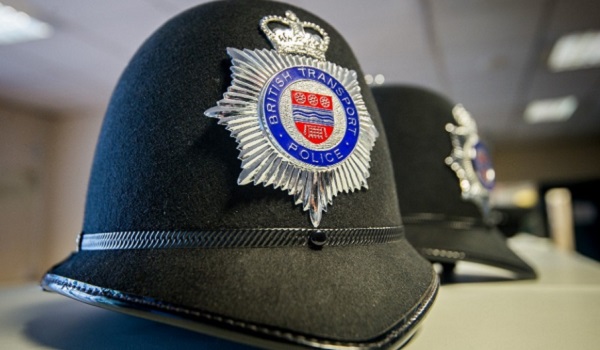College review highlights its weaknesses but critical of HMICFRS, NPCC and Home Office
A fundamental review of the College of Policing has highlighted concerns about its usefulness, credibility and the quality of its products, but criticised the Government and other policing bodies for failing to fully support its work.
The review found that the college has failed to deliver on the expectations that officers, staff and the public have of policing’s professional body, but highlighted shortcomings in interactions with the Home Office, National Police Chiefs’ Council (NPCC) and Her Majesty’s Inspectorate of Constabulary, Fire and Rescue Services (HMICFRS).
The review was set up last year by the college’s chair, Nick Herbert, and its findings come at a challenging time for policing and when the culture and standards in the service are subject to increasing scrutiny.
Although many respondents to the review praised much of the work the college has done, especially during the pandemic, many found it to be too remote from the service and insufficiently useful to the front line.
“The quality of the college’s products are not always as good as they could be, which undermines our credibility in the eyes of the service,” it said. “This is compounded by an often slow and bureaucratic culture that is not sufficiently responsive to policing or other parts of the system, such as police and crime commissioners (PCCs). In essence, there is concern about our usefulness to all in policing.”
The review further noted: “The response to previous policing challenges has been to increase regulation and oversight, rather than to focus on boosting professionalism and leadership sufficiently. This has left us in a position where more is spent on scrutiny and inspection in forces than on leadership and development.”
It called for the protocol between the college and the Home Office to be revised “to give the college more freedom from central government bureaucracy, allowing it to operate in a more dynamic, agile and flexible way, more akin to a police force”.
The review suggests the work of HMICFRS could be having a negative impact the quality of policing, stating: “HMICFRS must be clearer that the college sets standards against which it inspects, rather than seeking to develop standards through inspection, or to undermine the standards that have been set.”
Of the NPCC it said: “The NPCC must become a more intelligent commissioner of the college and must, in all of its activities, seek to collaborate and coordinate with the College and give it licence to deliver on behalf of policing.”
The review also criticised chief constables for failing to give sufficient priority for the continuing professional development (CPD) of their top officers. “Chiefs must be willing to let their brightest and best come to the college to work,” the review said. “While local independence is essential, there should be a greater willingness to coordinate and cooperate nationally, to accept the settled will of the majority or a strong evidence base, and to get behind key reforms or programmes that the college is delivering.
“Forces should not rebrand college materials and should cease using the college as a scapegoat, or stepping into college activity without collaborating.”
The findings of the review will be used to develop a new college strategy, due to be published this spring, along with a new business plan setting out how the new vision will be delivered.
Responding to the review, Policing Minister Kit Malthouse said: “It’s good to see the college thinking hard about its position in the policing family and its usefulness to the frontline officer. This review begins to answer the question ‘Why would I ring the College of Policing?’, and it will form the basis of an exciting new chapter in the organisation’s development.”
Chief Constable Andy Marsh, chief executive officer of the College of Policing, said: “Through this review, the College of Policing is renewing its mission to become the dynamic, relevant and connected professional body it was created to be. I am confident that the findings of this review, combined with the committed efforts of the people who work across the college, will mean policing’s professional body will provide real value to the service and the public in the coming years.”
Lord Herbert added: “When I established the College of Policing as Policing Minister, my ambition was clear: it must improve the standards of policing by empowering officers with the skills they need to keep people safe.
“Ten years on, it is sobering to see that many of the challenges the college was set up to address remain, and, in some cases, have increased. Improving policing leadership at all levels – which will be central to the college’s mission – is critical to addressing these challenges.
“Police officers and staff do an incredible job in difficult circumstances and deserve to have a strong professional body alongside them, supporting them with better training, professional development and the evidence of what works to cut crime.”
NPCC chair Martin Hewitt said: “I welcome the commitments by the college to boost professionalism and improve leadership at a point in time where the culture and trust in policing must improve.
“The review recognises where the college needs to develop. We in turn are committed to continuing our work with the college to bring about those improvements for the service as a whole.”
Marc Jones, chair of the Association of Police and Crime Commissioners (APCC) and Stephen Mold, APCC lead for police standards and leadership, said: “The events of the last few months that have seen public confidence in the police severely stretched have demonstrated now more than ever the need for a College of Policing with a clear sense of purpose in setting consistent standards for the police, and as a body that both provides and points the way to the best standards of training and professional development for police officers and police staff.
“The priorities that have emerged from this review ring true and we are clear there is no compromise between the local priorities and approaches that democratically elected PCCs and deputy mayors bring to the 43-force model, and the consistent application of the highest standards advocated by the college.
“We welcome the commitment to support PCCs, mayors and deputy mayors in their role. There is much that the college already does with the What Works Centre and proposes in respect of leadership development and data that will be particularly relevant to PCCs and mayors and their offices. We feel the College of Policing should be the go-to organisation for the setting of standards.
“We look forward to working and engaging with Nick Herbert, Andy Marsh and colleagues on this clear, new vision for the College of Policing.”







